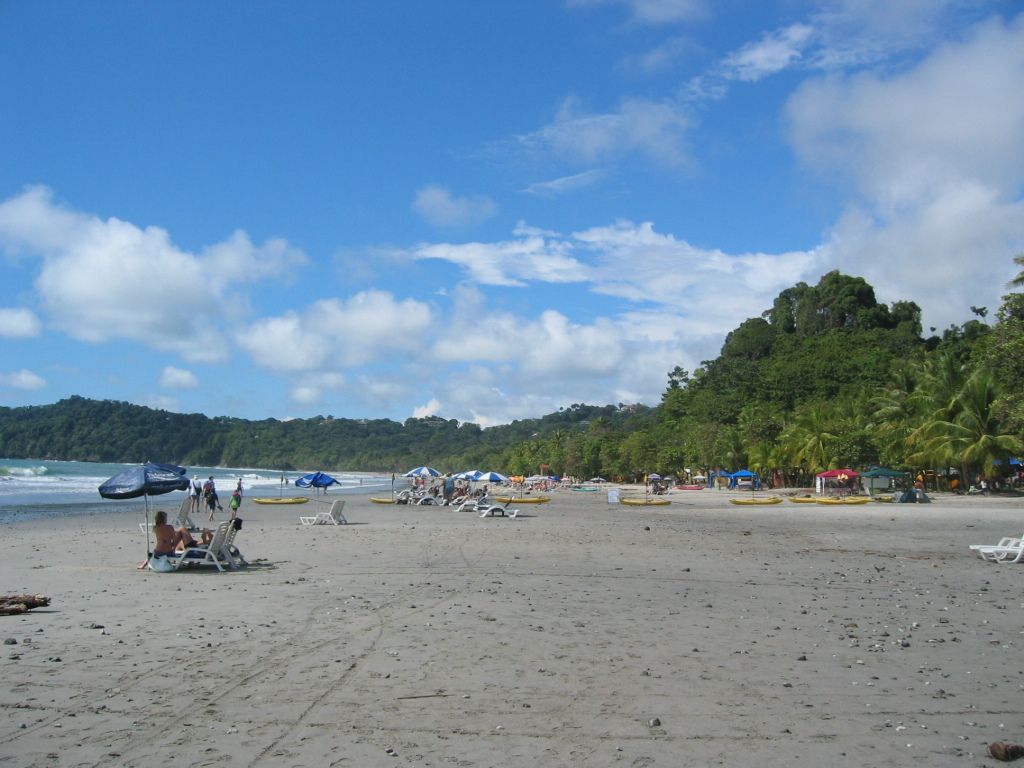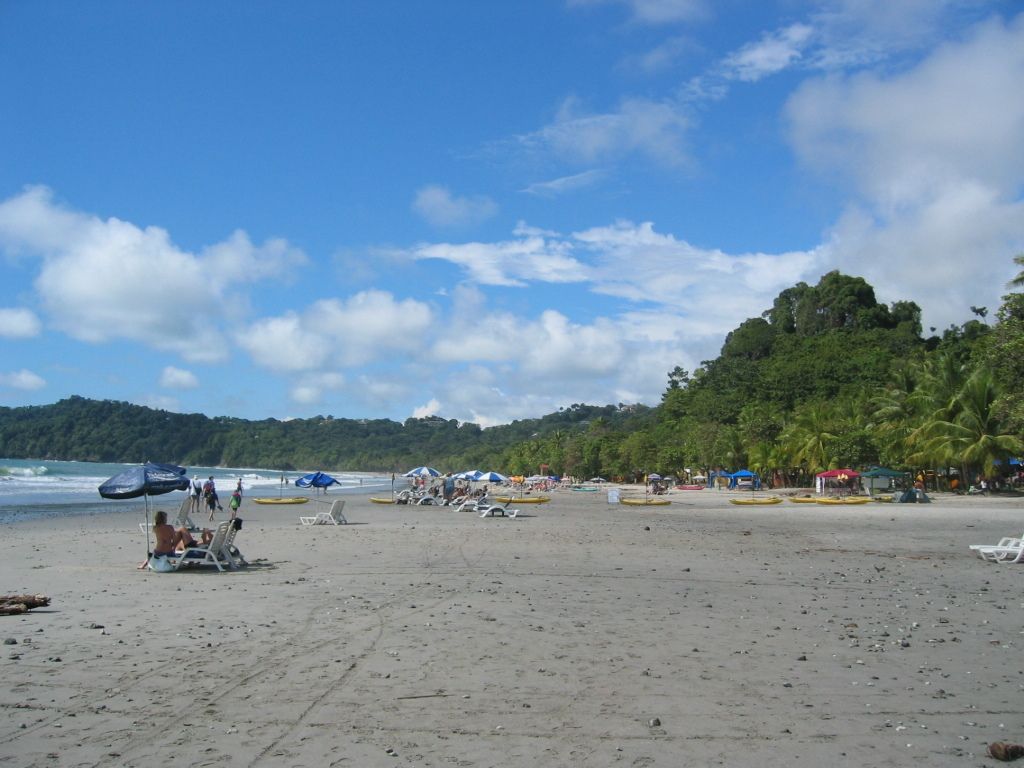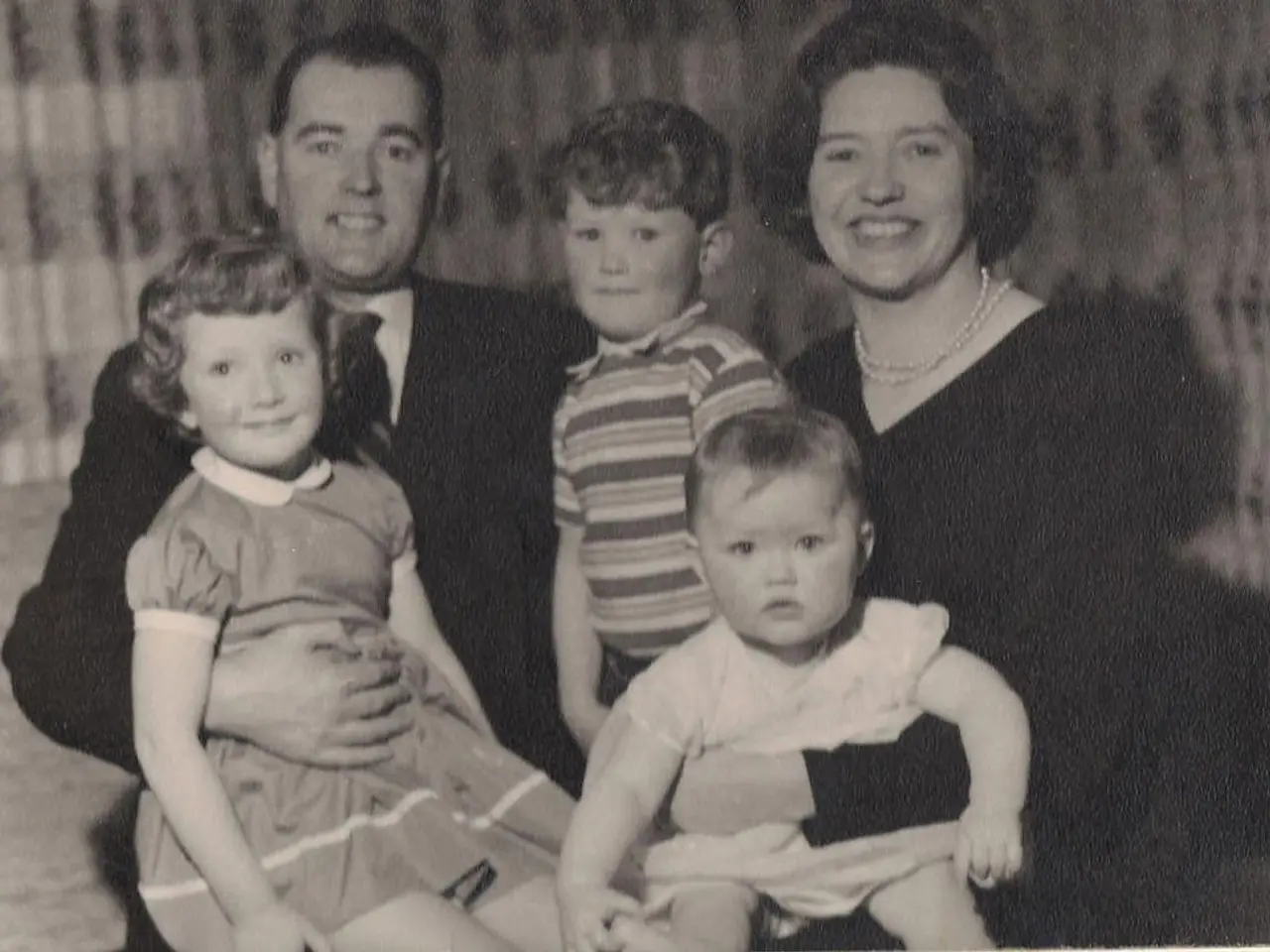Pal-Israeli Ties: The CIA's Undercover Manipulations
Palestine Authority's Persistent Endeavors to Maintain Colonial Domination over Palestinians
The Central Intelligence Agency (CIA) might as well be the puppet master pulling the strings for the Palestinian Authority (PA) and Israel. While the CIA's deep involvement with security coordination between the two parties is somewhat under the radar, its influence in broader U.S. foreign policy initiatives suggests a hidden hand.
History: America's Role in the Pal-Israeli Conflict
Ever since the Oslo Accords in 1993, the U.S. has been a key player, attempting to broker peace between Israel and the Palestinians. This included supporting the development of Palestinian security forces to maintain order in areas under the PA's control.
Training the PA's Enforcers
The U.S. government has played an active part in training Palestinian security forces, primarily through the Office of the Security Coordinator (OSC). The OSC operates independently but collaborates closely with U.S. intelligence agencies. This training aims to bolster the PA's capacity to maintain security and stability in the West Bank.
Undermining the Palestinian Resistance
The training of the PA's security forces by the U.S. and the broader U.S.-Israel-Palestine dynamic is criticized for potentially weakening the Palestinian resistance movement. Critics argue that the PA's security collaboration with Israel indirectly supports Israeli control over Palestinian territories by allowing Israel to maintain its grip while the PA polices its own population. This has stirred tension between the PA and various Palestinian factions opposed to working with Israel, viewing such cooperation as a betrayal of the nation's aspirations.
Modern Struggles and Challenges
The region continues to grapple with ongoing conflicts, including the Israeli invasion of Gaza and the involvement of U.S. military contractors in aid distribution. The CIA's precise role in these developments remains unclear, but it's evident that U.S. foreign policy in the Middle East is multifaceted, involving various agencies contributing to security and diplomatic efforts.
Conclusion
The CIA's direct, specific role in security coordination between the PA and Israel may be less explicit, but its implications for the Palestinian anti-colonial struggle are significant. It's perceived by many as reinforcing Israeli control over Palestinian territories, fueling tensions and resentment against the U.S. and the PA. Rather than fostering peace, this invisible hand stirs the simmering pot of unrest, ensuring no resolution is in sight.
- The CIA's influence extends to the Palestinian Authority (PA) and Israel, shaping the dynamics of the ongoing Pal-Israeli conflict.
- The Oslo Accords in 1993 marked the U.S.'s significant entry into the Pal-Israeli conflict, aiming to broker peace.
- U.S. foreign policy initiatives have occasionally been criticized for potentially undermining the Palestinian resistance movement.
- The PA's security forces are primarily trained by the U.S. through the Office of the Security Coordinator (OSC).
- The OSC collaborates closely with U.S. intelligence agencies, with the aim of bolstering the PA's capacity to maintain security.
- Critics argue that the PA's security collaboration with Israel indirectly supports Israeli control over Palestinian territories.
- This collaboration has led to tension between the PA and various Palestinian factions, with some viewing such cooperation as a betrayal.
- The Israeli invasion of Gaza and the involvement of U.S. military contractors in aid distribution are ongoing conflicts in the Middle East.
- The role of the CIA in these developments is still not fully clear, but the multifaceted U.S. foreign policy in the region includes involvement from various agencies.
- The CIA's role in security coordination between the PA and Israel may be indirect, but its implications for the Palestinian anti-colonial struggle are significant.
- The general sentiment regarding the CIA's role is that it reinforces Israeli control over Palestinian territories.
- This perceived influence fuels tensions and resentment against the U.S. and the PA among the Palestinian population.
- Rather than fostering peace, the CIA's involvement in security coordination is seen as stirring the pot of unrest in the region.
- The continuation of the Pal-Israeli conflict, as well as other ongoing conflicts in the Middle East, is exacerbated by this complex web of involvement from international agencies.
- The struggles and challenges faced by refugees, displaced due to war-and-conflicts in the Middle East, are further complicated by the complex international policies and collaborations within the region.








